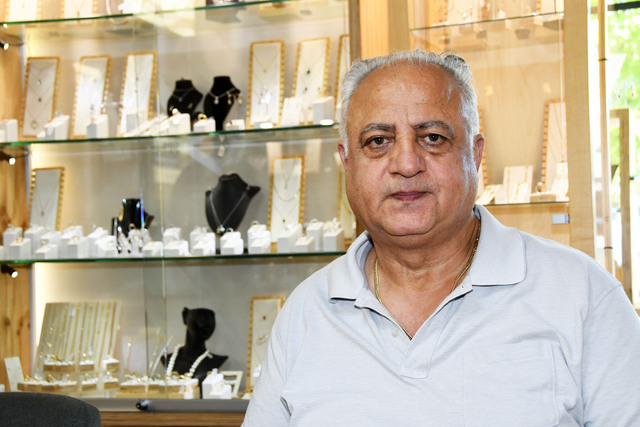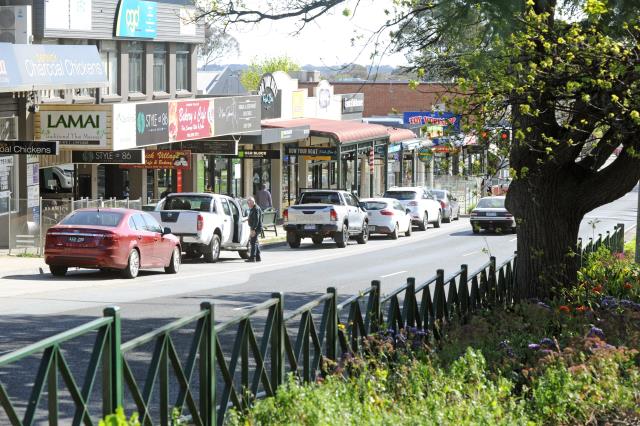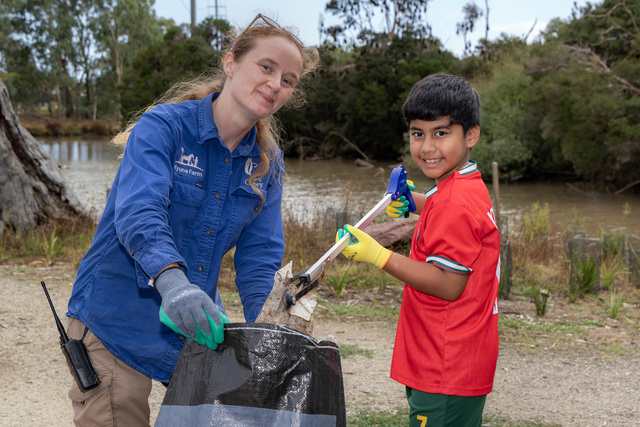By CAM LUCADOU-WELLS
A DANDENONG-based legal service says the State Government’s push for 25-year jail terms for ice dealers around schools would be better ploughed into rehab services.
Under the legislation introduced on 10 November, the maximum jail term could apply to people dealing drugs in public within 300 metres of a school.
The government also introduced a 20-year maximum jail term for people supplying drugs to a dealer near a school.
Casey Cardinia Legal Service principal solicitor Vera Hardiman said more resources needed to be put into rehab.
“It’s great they’re cracking down but there are people wanting to get off ice who are waiting for four months.
“With rehab, they address the client’s whole attitude to life so it may prevent them trying other drugs in the future.”
Premier Daniel Andrews told Parliament he made no apologies for the tough penalties to tackle what was an “evil poison … causing untold damage and harm”.
“This is not just a message but the full force of the law.”
In pumping up the laws, Police Minister Wade Noonan however also conceded “we can’t simply arrest our way out of this problem”.
The government’s Ice Action Plan itself is a mixture of carrot and stick. It also provides support for families, treatment, funding to protect frontline workers and powers to close down manufacturers.
Victims of Crime Association founder Noel McNamara said it wouldn’t matter if the government prescribed 100-year maximums because “the judge sets the minimum”.
“The judge seems pretty lenient in cases I have seen that have been drug related.
“The government should set a minimum of 75 per cent if they plead guilty.”
Sam Biondo, executive director of Victorian Alcohol and Drug Association, said the law alone could not solve the ice problem.
“Most people know it’s just one part of the solution.
“What we’re dealing with is a complex set of issues and the solutions necessarily have to be complex.
“These sorts of measures on the whole are more about symbolism than substance.”
Mr Biondo said the government’s action plan on the whole made “good, positive first steps” such as more non-residential treatment programs, harm reduction and workplace training programs.
However its push for more drug-detection dogs may be counter-productive.
“It could lead to people in nightclubs quickly ingesting all the drugs they have (to avoid detection),” Mr Biondo said.
Mr Biondo urged for the expansion of the Dandenong Drugs Court, diversion programs, residential rehab and education on the topic.
The proposed laws also introduce lengthy jail terms to offenders using threats to force someone to traffic illicit drugs, and those publishing or possessing instructions on trafficking or cultivating.
Offenders who intentionally allow a property to be used for trafficking or cultivation could spend a maximum five years in prison.

















